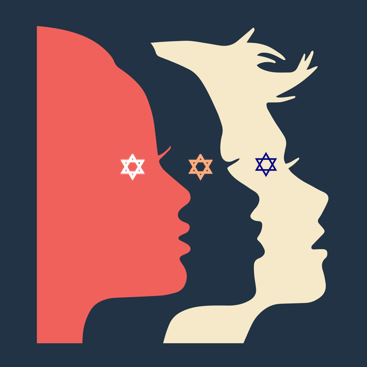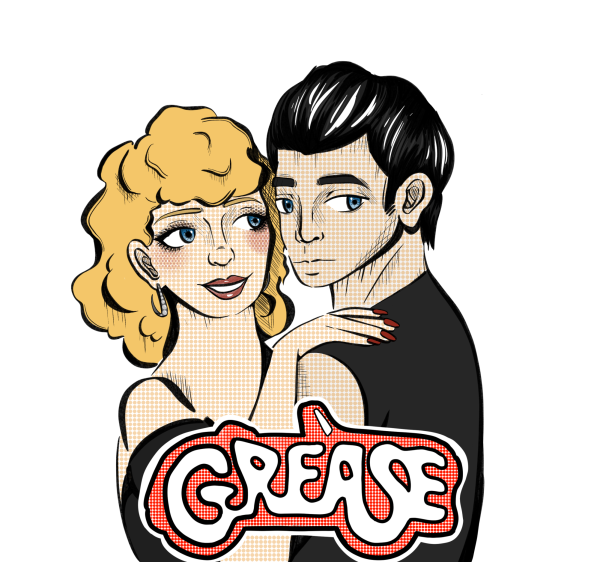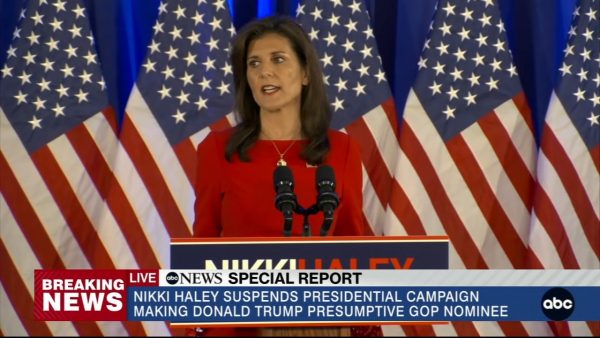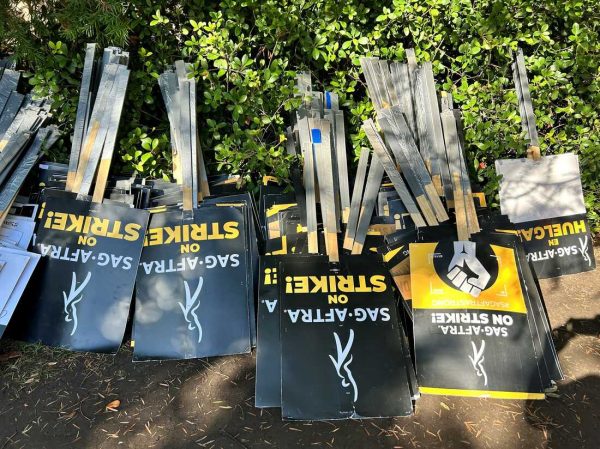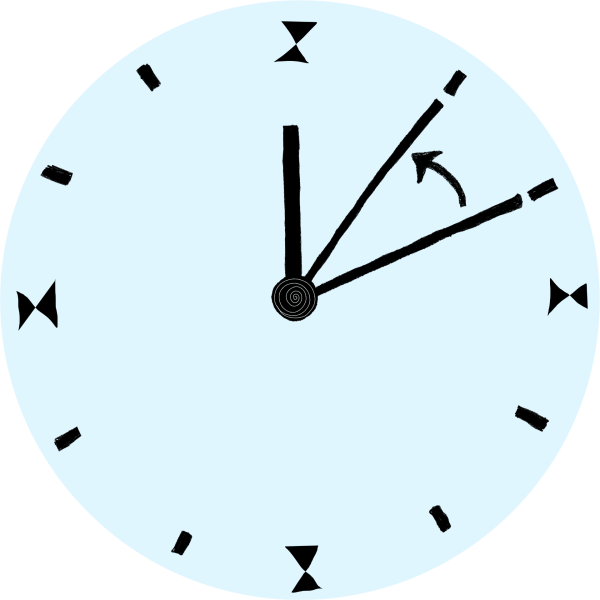An Open Letter to Ms. Mallory (An organizer of the Women’s March)
Dear Ms. Mallory,
Allow me to share a little bit about myself. My name is Ana Finger. I’m fifteen years old, and I live in New Orleans, Louisiana. I attend Isidore Newman School. I am a cheerleader for our football team and a competitive policy debater for our forensics team. AND, I am a Jew.
When I was younger, my Judaism was not a large part of my identity. On the contrary, being Jewish terrified me. I read a book when I was in first grade that described the beginning of the Holocaust from the perception of a young non-Jewish German girl, simplified into a children’s book. The story begins with two girls, one Jewish, playing with dolls together. The German girl describes her developing and irrational hatred for her once beloved friend. It continues to show the slow descent into anti-Semitism that drives the two girls apart. This horrified me. I didn’t want people to know I was Jewish. I lived in fear that my friends would hate me, and I would be taken from my classroom by men in leather black boots. This fear is, unfortunately, something that most Jews across the globe experience.
As I’ve aged, being Jewish has become a huge part of my identity. I am an active member of the Jewish community of New Orleans and the greater South. I attend Henry S. Jacobs Camp in Utica, Mississippi, “a Jewish place at a Southern Pace”. I am the Communications Vice President for my local branch of NFTY-SO, JewCCY. I am spending the spring semester in Isreal next year with Heller High, a program that allows teens to gain a deeper understanding of their Judaism in addition to attending regular high school classes. I want to attend the undergraduate pre-medical program at New York University and minor in Jewish studies and Hebrew. Being culturally Jewish is a massive part of my life and my identity.
That being said, know that this isn’t hate mail. I think you are brilliant, and the Women’s March is revolutionary. It is the first ever organization to have done what it has done. I attended the 2017 and 2018 Women’s Marches in New Orleans and absolutely loved the experience. It put me more in touch with my feminism and helped me express it. That is an absolutely invaluable thing but, despite that, I did not to attend the Women’s March this year. I would like to share the reasons I made that decision with you.
Over the past few years, I have become more and more aware of the rising anti-Semitism that surrounds me, and Trump’s election only made things worse. Although he claims to be “the least anti-Semitic person you will ever meet,” his hateful rhetoric has made neo-Nazi and white supremacy groups feel protected and enabled in their aggression. Incidences like comments that my Jewish summer camp is Auschwitz, extra security guards surrounding my synagogue, swastikas drawn on school desks, swastika’s burning in Texas, chants of“Jews will not replace us” in the streets of Charlottesville, and 11 dead at a bris in Pittsburg, have become normalized. And most of those things aren’t even considered a big deal. They’re brushed away with words like “take a joke”, “I wasn’t being serious”, “I didn’t mean it”, or “It’s not my language.” As it’s been said time and time again, the Holocaust didn’t start with gas chambers, it began with widely accepted hateful rhetoric. What’s the difference between “Satanic Jews have infected the whole world with poison and deceit,” a quote from Louis Farrakhan, and “The ignorance of the broad masses about the inner nature of the Jew, the lack of instinct and narrow-mindedness of our upper classes, make the people an easy victim for this Jewish campaign of lies,” a quote from Adolf Hitler? Your lack of condemnation shows complacency with Farrakhan’s blatant anti-Semitism. It’s easy to brush of your own anti-Semitism because, hey, it’s not your language. You didn’t speak the words, but you also didn’t condemn them. Instead, you called him the greatest of all time, an open endorsement of Mr. Farrakhan and everything he stands for, even if you don’t agree with his message.
This brings me to the Women’s March. Like I said before, I attended the first two Women’s Marches and really loved the experience, so you can understand how difficult it was for me to make the decision to not attend the third Women’s March.
When I heard about your support of Farrakhan, I started to think about how I could justify going to the Women’s March in January. I’ve decided that attending the Women’s March would essentially mean dividing my identity in two; half of me wants to support the Women’s March, but the other half cannot justify ignoring the anti-Semitic rhetoric that is now ingrained within it. This is what you’ve essentially asked all Jewish women to do this year. It’s an unreasonable demand, Ms. Mallory. Dr. Martin Luther King Jr. said: “Injustice anywhere is a threat to justice everywhere,” and I cannot possibly endorse the injustice that has marked the Women’s March. You cannot stand for one group while actively tearing down another. You just can’t, in the same way I cannot be Jewish and continue to support the Women’s March. I am not just a woman, I am a Jewish woman. Both parts of my identity play a massive role in my life, and I hence cannot suppress one for the benefit of the other. My favorite sign from last year read “If it ain’t intersectional, it ain’t feminism.” I firmly believe that by not condemning Mr. Farrakhan, you have tainted the intersectional message that the Women’s March prides its self on. I no longer feel like I am welcome or wanted in that space, and so I will not be returning until changes are made.
My hope is that I will, in the following years, be comfortable attending the Women’s March. It is, after all, an incredible organization. To be able to do what the Women’s March has done on such a massive scale is phenomenal; however, I want you to prove that you fight for every single person. Women deserve an apology. We deserve a public condemnation of Louis Farrakhan. It is now your job to fix this. A famous quote attributed to Rabbi Hillel says, “if not now, when, and if not me, who?” I urge you to ask yourself these questions as you continue to work with the Women’s March.
Sincerely,
Ana Finger

